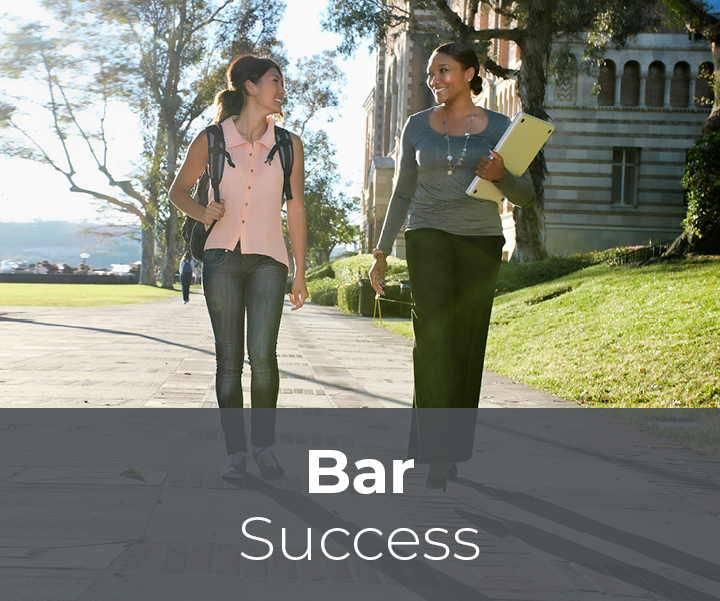
Grantee Research
Document Type
Journal Article
Publication Date
1-2021
Abstract
The Uniform Bar Examination (UBE), first implemented in February 2011 in Missouri and North Dakota, is a multijurisdictional or cross-state test designed to assess a minimum shared core of legal knowledge and lawyering skills. Since its implementation, UBE has now reached 37 states and territories, including the District of Columbia. Despite this prevalence, no empirical evidence exists regarding its effects on law schools’ admissions, diversity, affordability, and employment mobility of law students and graduates or of its effects on law schools’ application volumes or average bar passage rates. This study addresses this gap by providing a comprehensive examination of the effects of UBE adoption. Specifically, we apply rigorous quasi-experimental and causal-inference methods to a law-school level dataset to test whether UBE adoption influenced admissions, enrollment, affordability, degree production, bar passage rates, and employment mobility for law schools in UBE states. Our findings indicate that institutions located in states participating in UBE (compared to institutions located in states where no UBE has been implemented) realized higher applications (nearly 9% increase) and higher enrollments (reaching increases over 6% in total JD enrollments). We also found that these increases were driven predominantly by White student enrollments and women enrollees. With respect to affordability, no changes were observed in neither tuition increases and net price changes. Despite increase in enrollment, we found no evidence of increases in neither degree production nor in Bar passing rates. Based on this findings, we can conclude that UBE has had an effect in applications and enrollment, but if UBE aims to affect the diversification of the law profession, this program alone may be falling short in expanding access for minoritized students.



